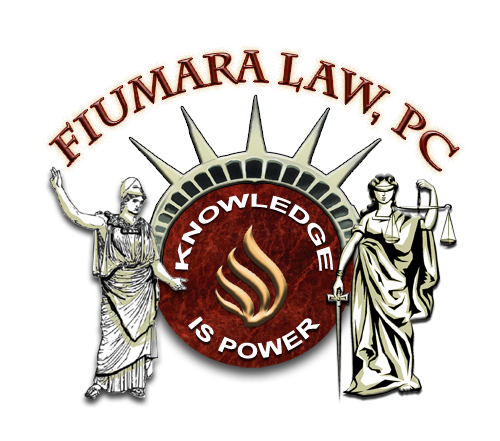Many people have suffered a criminal conviction. Such convictions can follow a person around for the rest of their lives preventing them from getting good jobs, volunteer work, ruin chances at professional licensure, and just cause a person to feel somehow tainted by the wreckage of their past, but it doesn’t have to be that way for everyone. Some people can expunge their record.
Expunging ones record is a procedure carried out pursuant to Penal Code section 1203.4. Section 1203.4 provides that as long as a person is no longer on probation and does not have any other pending criminal matters on their record that they can request the judge who sentenced them for an expungement of their criminal convictions. Expungements can be had for most felonies and misdemeanors, but does not apply to infractions and a certain specified number of crimes such as rape.
Expungement is a matter of right if you have had not problems on probation. What that means is the judge must grant the motion for expungement if you had not violations of probation during the term of probation associated with the conviction you are seeking to expunge. If you have had a violation of probation, it does get a bit more difficult and requires additional documentation to be filed with the petition along with a possible hearing.
The procedure is quite simple. Before I explain the procedure, I want to clarify what an Expungement is from a legal standpoint. You are actually asking the judge to allow you to withdraw your plea of guilty or no contest and then to dismiss the case against you. The term “expungement” is not actually found in the statute, but many attorneys still like to refer to the procedure as an expungement because it’s easier to say than a “petition for request to withdraw a plea pursuant to Penal Code 1203.4 and dismiss the case.”


The forms for expungement can be found on the forms section of the Judicial Council of California’s website. All you need is to fill out Form CR-180, which is the actual petition for dismissal, and file it along with CR-181, which is the order the judge must sign to grant the dismissal. The form can be a little complicated for some so you may want to retain us to complete and file the form for you. On that form you can, along with requesting the dismissal, also request that your felony (if it is a wobbler) be reduced to a misdemeanor pursuant to Penal Code section 17(b) and then dismissed. When you file the petition, don’t forget to serve a file-endorsed copy of the petition to the district attorney, though some courts will do this for you.
What an expungement will not provide is to relieve a person who has been convicted of a felony from the prohibition against possessing firearms. Nor will it remove the prohibition from holding public office. If you want that kind of relief, you will likely have to petition the governor of the state or the president of the United States for a pardon, which is more difficult to obtain.
What does it do then? It allows you to check “no” when asked on an employment application whether you have ever been convicted of a crime, unless you are applying for a job as a peace officer or with the federal government. Being able to say you have never been convicted is valuable, as many know who have gotten through the application process only to be told they are excluded from employment because of a past conviction.
If you have any questions about the procedure for expungement we would be happy to answer them. We will also be happy to complete and file the form for you if you want to know that it is done right and done hassle free!
